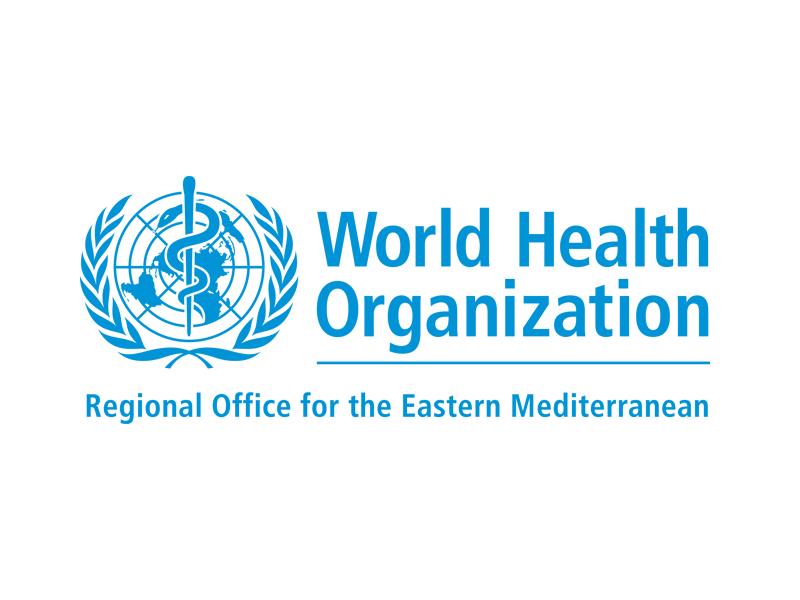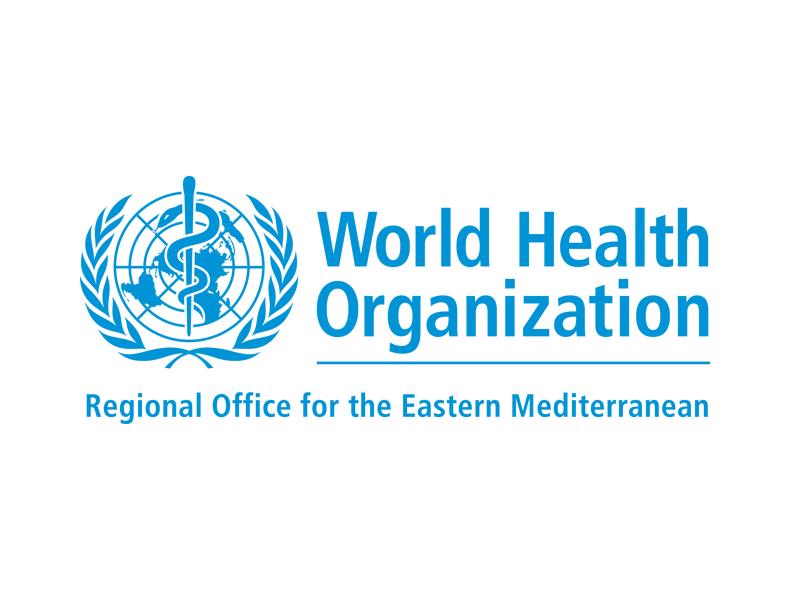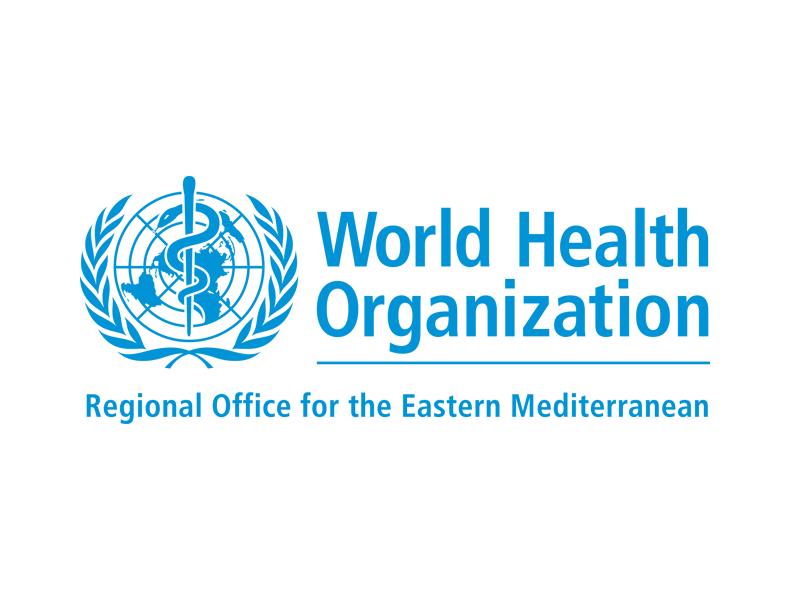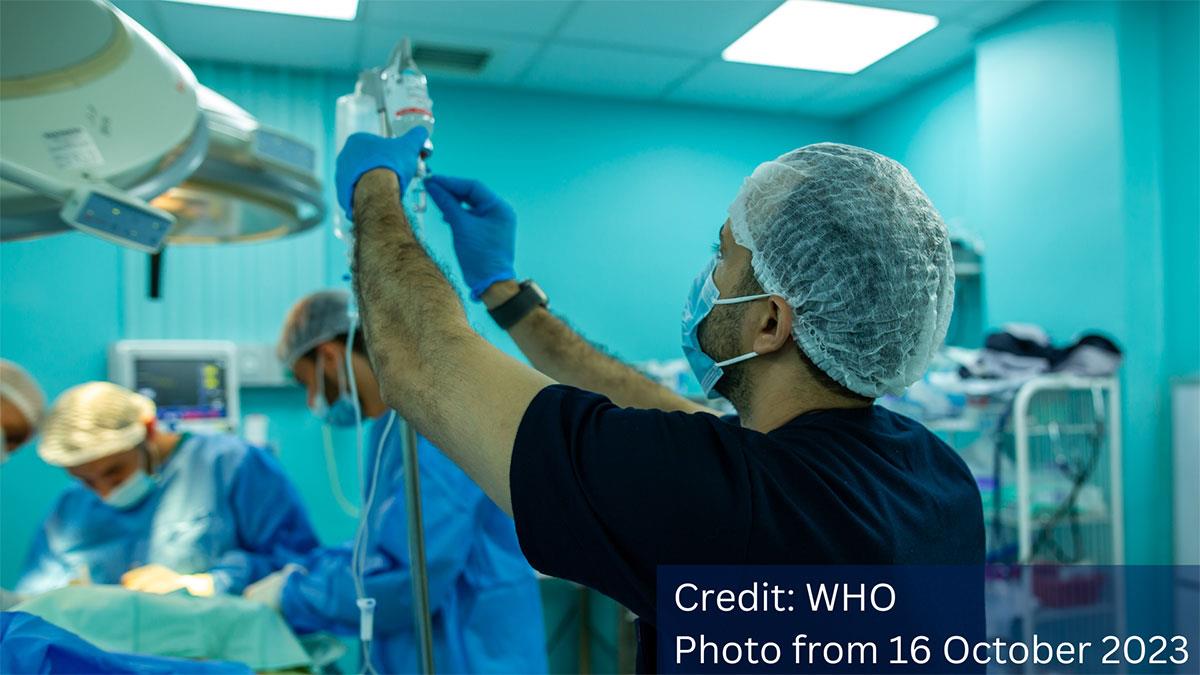
I would like to welcome you to this media briefing ahead of the Seventy-first session of the Regional Committee for the Eastern Mediterranean which will convene between the 14 and 17 October in Doha, Qatar under the theme Health beyond borders: action, access, equity.
As you will be aware, this year’s session – my first as Regional Director – is being held against the backdrop of escalating conflict which threatens millions of lives and livelihoods across the Region.
Twelve months of conflict in Gaza have resulted in 6% of the entire population killed or injured. Many of the injured are women and children who now face lifelong disabilities. 90% of Gaza’s population is displaced and living in overcrowded shelters with limited access to food, water, or health care. And they are repeatedly on the move, with further evacuation orders issued over the past few days.
Gaza’s health workforce is dwindling, with almost 1000 health workers killed according to the Ministry of Health. Today, Gaza is one of the most dangerous places in which the UN and partners operate, with 289 United Nations staff killed since October 2023.
Less than half of all hospitals are only partially functional due to damaged infrastructure, lack of fuel, supplies, human resources, sustained access and ongoing attacks of health. In fact, three more hospitals in northern Gaza have been asked to evacuate over the past 48 hours. Providing health care in these circumstances is a daunting task, and we must once again pay tribute to the health workers of Gaza who continue to work heroically under unimaginable conditions.
Out of 15,600 requests for medical evacuations, only 5,130 have been approved, leaving thousands of Gazans stranded without essential care. 96% of the population faces food insecurity, and malnutrition, which was nearly non-existent in Gaza has increased, particularly among children. Outbreaks of diarrhea and hepatitis A continue, exacerbated by poor sanitation and overcrowded conditions, which has also led to the re-emergence of polio. Risks of other outbreaks persist amid reduced immunization rates.
For the past 12 months, WHO and its partners have repeatedly called for an end to the conflict in Gaza. However, the situation continues to escalate in the occupied Palestinian territory and across the Region.
I am extremely concerned by the increase of violence in Lebanon. Since October last year, almost 12,000 people have been killed or injured, and more than 540,000 people internally displaced. Health workers are struggling to meet increasing needs for emergency care in a system already weakened by successive shocks.
Health infrastructure has been severely impacted, with WHO verifying 36 attacks on health facilities since last October. These attacks have claimed the lives of 77 health workers and injured 74 more, including 28 killed and two injured in a single day last week. The protection of civilians and health care is a legal and moral imperative that must be upheld. Attacks on health care cannot continue to be one of the defining marks of conflict in this Region.
I would like to now turn to Sudan, where we are facing the world’s largest hunger and displacement crisis. More than 10.8 million people are internally displaced, and 25.6 million are in desperate need of food and health care. Sudan’s health system is in freefall, with 75% of health facilities in Khartoum non-functional, and the situation reportedly worse in the western Darfur states. Malnourished children and mothers are dying due to lack of access to care, and cholera is spreading in many parts of the country. Aid workers face immense challenges as a result of frequent access denials and dangerous security conditions. Without immediate intervention, famine and disease will claim countless more lives.
We have seen what is possible when health is prioritized. The recent polio vaccination campaign in Gaza, which reached 560,000 children, and the opening of the Adre crossing into Sudan, which allowed the delivery of vital supplies to isolated communities, show that even amidst crisis, significant impact can be made. But these moments are rare, and the need for sustained efforts is more urgent than ever. Political solutions must be prioritized before conflict engulfs the entire Region.
It is a sobering reality that more than 100 million people– one person in six--need humanitarian assistance in our Region today. The implications are clear– we cannot afford to leave future generations bearing the long-term consequences. Those with the power to end the violence and settle for peace have the gravest of responsibilities. The time for them to act is long overdue.
Colleagues,
After that necessarily lengthy digression, let me provide a brief outline of this year’s Regional Committee.
During the Seventy-first session, I will present the Regional Strategic Operational Plan 2025–2028 which tailors WHO’s global priorities – of promoting, providing, protecting, powering and performing to improve health – to the unique contexts found in the Eastern Mediterranean Region.
To ensure the highest attainable level of health for everyone in the Region, the operational plan includes three flagship initiatives: on expanding timely and equitable access to life-saving medicines and vaccines; building a more resilient health workforce, and reducing morbidity, mortality and the social costs associated with substance use disorders.
The three flagship initiatives will serve as accelerators for the Regional Strategic Operational Plan which will be reviewed – and hopefully endorsed – by Member States.
The Regional Committee will also include discussions of priority public health issues, technical papers, updates, panel discussions and a wide range of side events.
The technical papers cover topics from antimicrobial resistance and health information systems to addressing the burden of trauma in humanitarian settings and scaling up mental health and psychosocial support in emergencies. Regrettably, conflict in many of the Region’s countries and territories means the need for these last two has never been more urgent.
Antimicrobial resistance is a global health problem. The Eastern Mediterranean Region has the highest – and fastest growing – rate of antibiotic use of any WHO region. Antimicrobial misuse and overuse fuel the development and spread of drug-resistant infections. Without action now, AMR could cause 39 million deaths by 2050. That’s 3 deaths every minute. We urgently need to strengthen antimicrobial stewardship.
The Eastern Mediterranean also faces an increased trauma burden, the result of the multiple crises besetting the Region. Yet in many humanitarian settings already fragile health systems have been severely weakened and damaged, restricting the capacity of health workers to provide essential services.
The technical paper presents a framework for collaborative action which will integrate WHO’s people-centered approach to tackling the trauma burden into the regional agenda. The framework is based on the SWIFT principle – trauma interventions should be safe, workable, intuitive, fair and timely.
The technical paper on heath information systems sets out a new regional strategy to enhance and digitalize national information systems. It aims to ensure that countries generate high-quality, timely, relevant, disaggregated and reliable data to inform policies and programmes and to monitor progress towards the health-related Sustainable Development Goals (SDGs).
Mental health accounts for 5.1% of the global burden of disease and 5.4% of the disease burden in the Region. A technical paper presenting a regional action plan for mental health and psychosocial support in emergencies, covering 2024–2030, will be reviewed during the Regional Committee before the plan is presented to members for endorsement.
Among scheduled discussions, panelists will address ways to nurture the opportunities and mitigate the risks of using artificial intelligence to help build universal health coverage and health security across the Region.
Ministers of health and other participants will also be updated on the latest work of the Intergovernmental Negotiating Body (INB), and the progress of polio eradication in the Eastern Mediterranean Region.
Participants will also receive the latest updates on the health and humanitarian situation in the occupied Palestinian territory
In the meantime, I invite you to visit the Regional Committee website to view technical papers and other RC documents, including the provisional agenda and progress reports on the multiple health threats featured in resolutions from earlier sessions of the Regional Committee.











